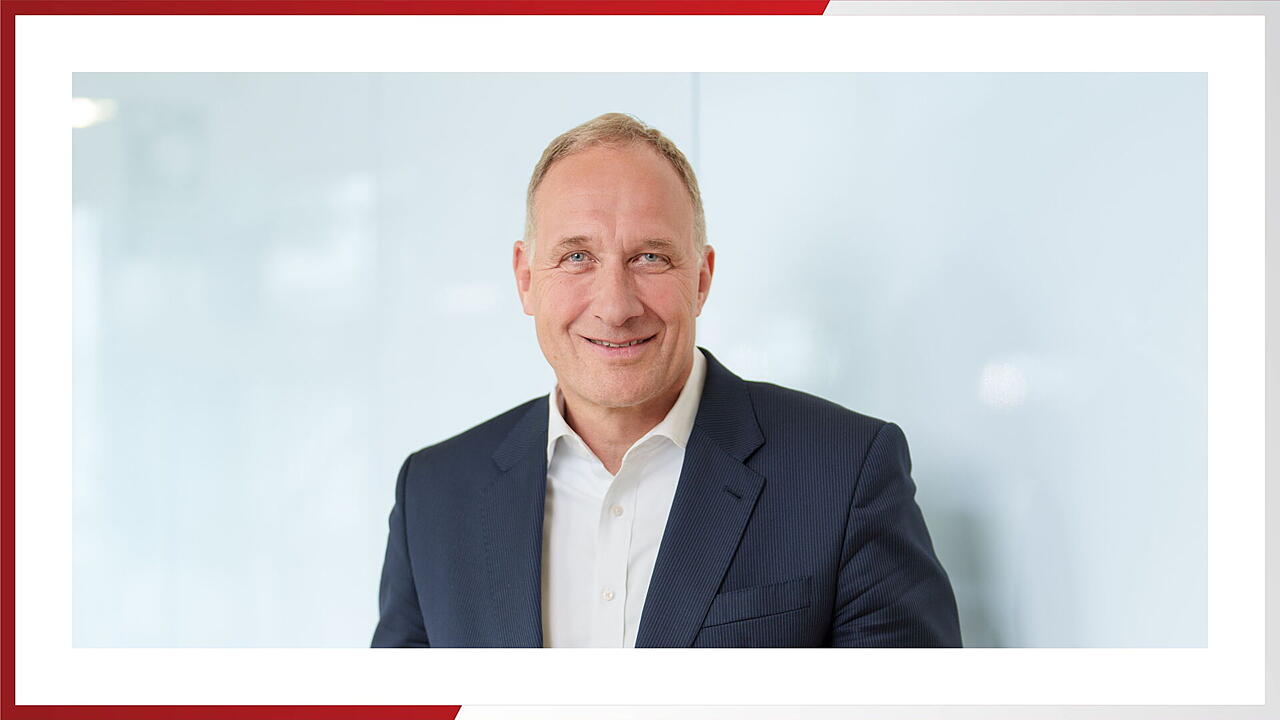
MAHLE is positioning itself as a key player in the drive towards decarbonisation by developing and supplying components for battery electric drives, hydrogen engines, fuel cells, and renewable fuels. This broad approach is essential for meeting the diverse needs of the global transportation sector and ensuring rapid decarbonisation.
MAHLE's influence extends across the commercial vehicle industry, supplying over 120 international brands in both the on- and off-highway sectors. The company is a key player in all current major hydrogen engine projects and fuel cell vehicle developments, underscoring its commitment to advancing sustainable transport solutions. At the IAA Transportation event in Hanover this September, MAHLE will showcase its innovative components and systems designed for climate-neutral heavy-duty transport. Highlights will include a fully functional electric axle with two integrated SCT electric motors, a new evaporative cooling system, and a bionic fan for demanding fuel cell and electric vehicles.
Arnd Franz, Chairman of the MAHLE Management Board and CEO, noted that the varied applications and requirements of today's commercial vehicles demand an array of sustainable drive systems. He highlighted that MAHLE's products are ready for volume production, reflecting the company's advanced development and testing processes. The commercial vehicle segment, which accounts for about one-fifth of MAHLE's original equipment business, is poised for strong growth, particularly in China. The company's strategic focus on electrification, thermal management, and efficient combustion engines ensures it can provide the best solutions for reducing the carbon footprint of road freight transport.
Forecasts predict that purely electric trucks with batteries and fuel cell trucks will make up about 30 percent of global production by 2035. This means the internal combustion engine will remain vital for the foreseeable future, particularly in long-haul applications. Battery-electric drive systems are expected to dominate medium-duty trucks and short-haul heavy-duty trucks, while hydrogen-powered fuel cells and renewable fuel combustion engines will excel on longer routes. MAHLE's commitment to technological diversity ensures it can meet these varied needs effectively.

MAHLE's SCT electric motor is a standout innovation, offering high continuous power and efficiency ideal for heavy-duty traffic in all-electric and fuel cell applications. The company will demonstrate its systems expertise at IAA Transportation with a heavy-duty e-axle integrating two SCT electric motors and comprehensive liquid management. This exhibit will highlight MAHLE's ability to integrate and optimise technologies for different customer applications.
The conversion of hydrogen into electricity in fuel cells presents significant technical challenges, particularly in thermal management. MAHLE plays a leading role in this area, with innovations such as an evaporative cooling device that enhances fuel cell efficiency by maintaining optimal temperatures. This technology, debuting at IAA, offers significant cooling capacity improvements and reduces hydrogen consumption.
Hydrogen remains the most promising renewable fuel for decarbonising transportation. MAHLE is actively testing several hydrogen engines, with DEUTZ set to begin series production using MAHLE components. This initiative will initially focus on stationary engines before expanding to mobile applications. Franz expressed confidence that hydrogen engines will see widespread use within this decade.
However, the success of sustainable trucks hinges on the availability of the right infrastructure. Franz praised the EU's targets for expanding charging and refuelling facilities but stressed the need for accelerated efforts. He called on member states to go beyond the minimum requirements to ensure the transport industry can plan for and invest in zero-emission vehicles.
For users to adopt emission-free vehicles, economic viability is crucial. Franz urged legislators to create frameworks that support market-driven development of climate-neutral drives. He suggested promoting renewable energy sources through market-based instruments, considering their climate impact when levying taxes and tolls.
Franz also highlighted the potential of synthetic and biofuels in reducing carbon emissions. Regions like South America and India are already prioritising biofuels, and MAHLE is following suit. In Germany, the company uses environmentally friendly HVO 100 fuel for its shuttle traffic, significantly reducing carbon emissions.
Also Read